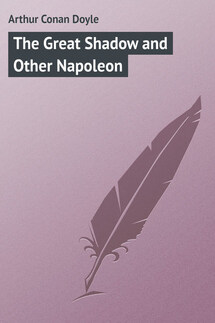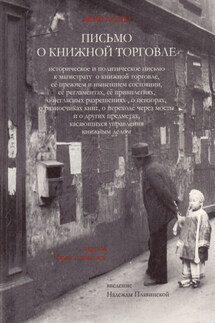The Great Boer War - страница 49
During those weary hours lying on the bullet-swept hill and listening to the eternal hissing in the air and clicking on the rocks, the British soldiers could see the fight which raged to the south of them. It was not a cheering sight, and Carleton and Adye with their gallant comrades must have felt their hearts grow heavier as they watched. The Boers' shells bursting among the British batteries, the British shells bursting short of their opponents. The Long Toms laid at an angle of forty-five plumped their huge shells into the British guns at a range where the latter would not dream of unlimbering. And then gradually the rifle fire died away also, crackling more faintly as White withdrew to Ladysmith. At eleven o'clock Carleton's column recognised that it had been left to its fate. As early as nine a heliogram had been sent to them to retire as the opportunity served, but to leave the hill was certainly to court annihilation.
The men had then been under fire for six hours, and with their losses mounting and their cartridges dwindling, all hope had faded from their minds. But still for another hour, and yet another, and yet another, they held doggedly on. Nine and a half hours they clung to that pile of stones. The Fusiliers were still exhausted from the effect of their march from Glencoe and their incessant work since. Many fell asleep behind the boulders. Some sat doggedly with their useless rifles and empty pouches beside them. Some picked cartridges off their dead comrades. What were they fighting for? It was hopeless, and they knew it. But always there was the honour of the flag, the glory of the regiment, the hatred of a proud and brave man to acknowledge defeat. And yet it had to come. There were some in that force who were ready for the reputation of the British army, and for the sake of an example of military virtue, to die stolidly where they stood, or to lead the 'Faugh-a-ballagh' boys, or the gallant 28th, in one last death-charge with empty rifles against the unseen enemy. They may have been right, these stalwarts. Leonidas and his three hundred did more for the Spartan cause by their memory than by their living valour. Man passes like the brown leaves, but the tradition of a nation lives on like the oak that sheds them – and the passing of the leaves is nothing if the bole be the sounder for it. But a counsel of perfection is easy at a study table. There are other things to be said – the responsibility of officers for the lives of their men, the hope that they may yet be of service to their country. All was weighed, all was thought of, and so at last the white flag went up. The officer who hoisted it could see no one unhurt save himself, for all in his sangar were hit, and the others were so placed that he was under the impression that they had withdrawn altogether. Whether this hoisting of the flag necessarily compromised the whole force is a difficult question, but the Boers instantly left their cover, and the men in the sangars behind, some of whom had not been so seriously engaged, were ordered by their officers to desist from firing. In an instant the victorious Boers were among them.
It was not, as I have been told by those who were there, a sight which one would wish to have seen or care now to dwell upon. Haggard officers cracked their sword-blades and cursed the day that they had been born. Privates sobbed with their stained faces buried in their hands. Of all tests of discipline that ever they had stood, the hardest to many was to conform to all that the cursed flapping handkerchief meant to them. 'Father, father, we had rather have died,' cried the Fusiliers to their priest. Gallant hearts, ill paid, ill thanked, how poorly do the successful of the world compare with their unselfish loyalty and devotion!









